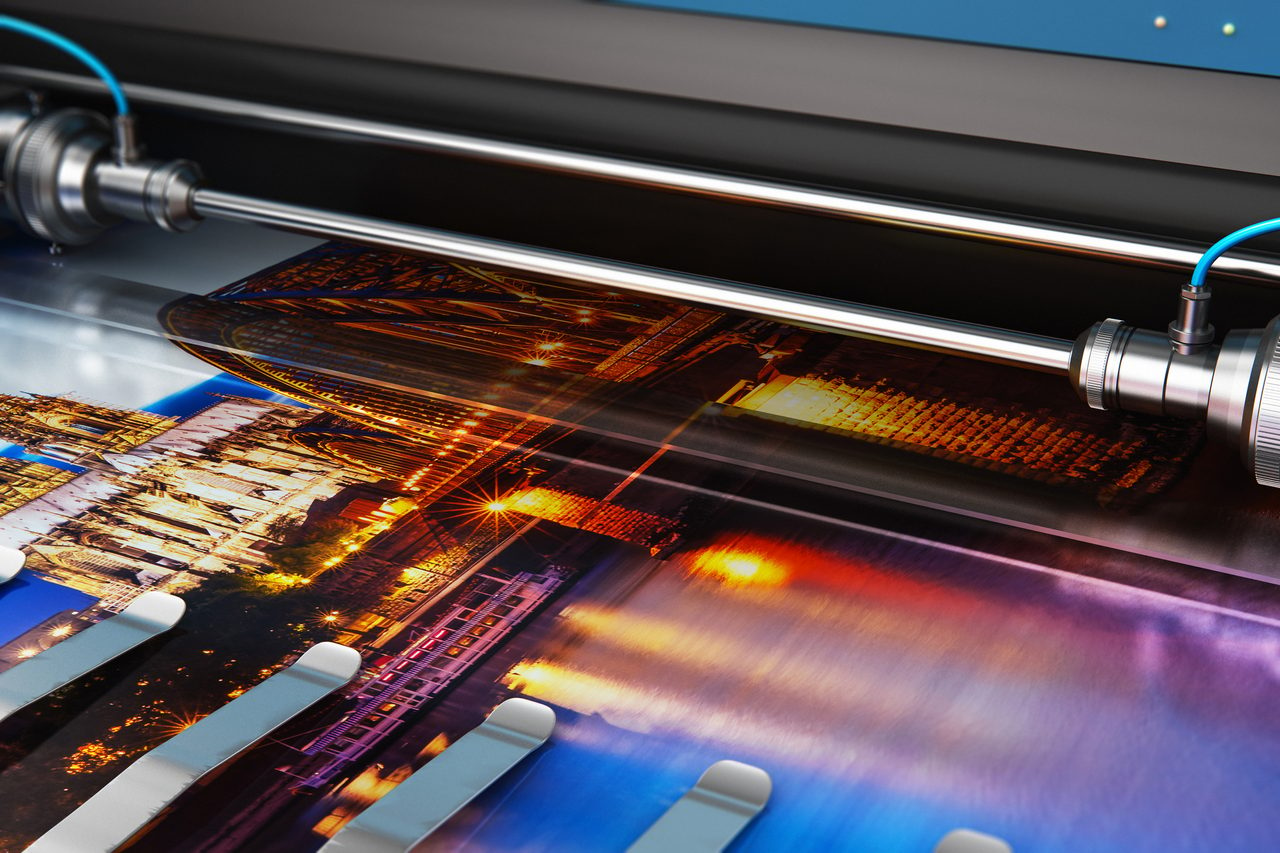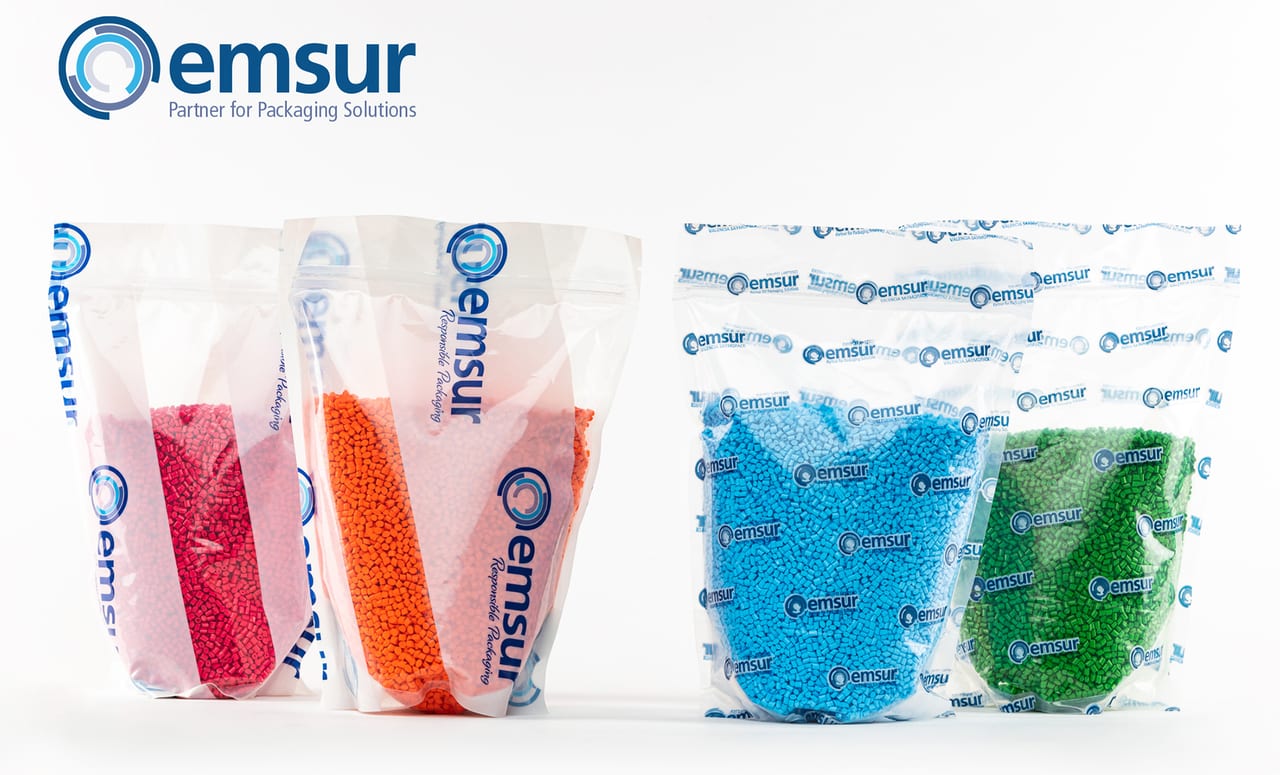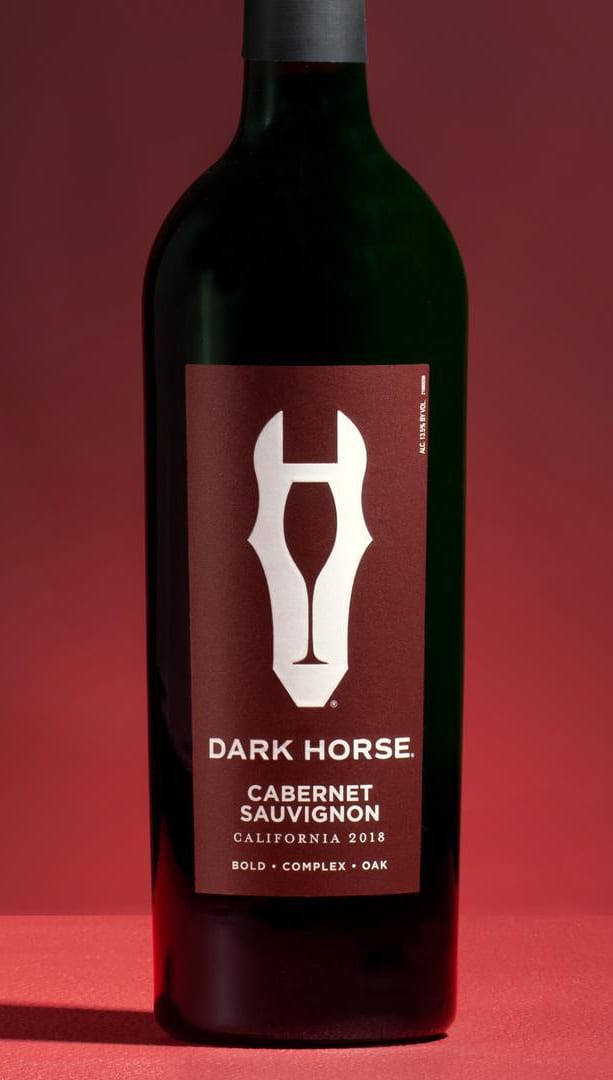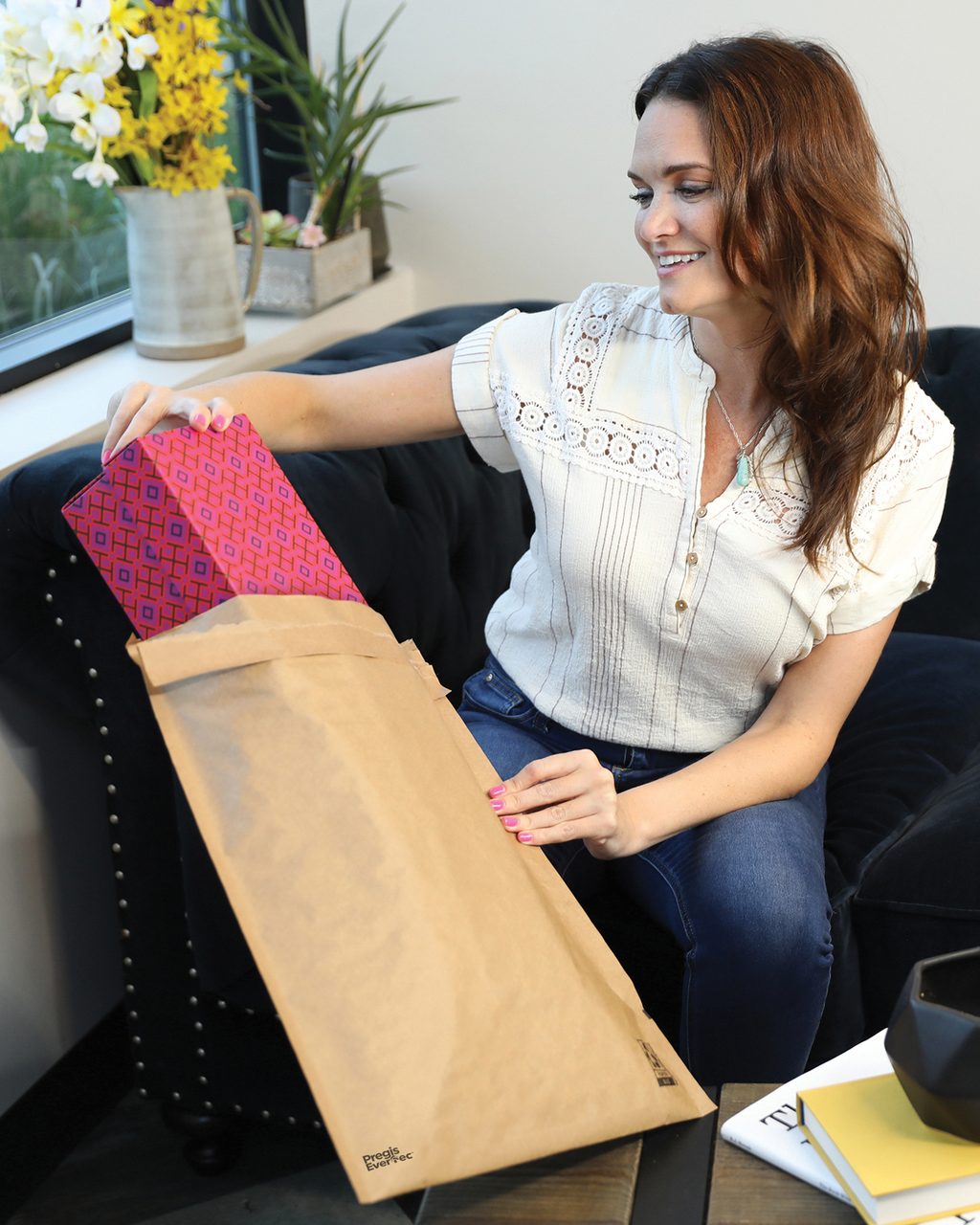Digital print use is rising due to increased print quality, decreased run lengths and a boost from the pandemic. Photo courtesy of Getty Images/scanrail

Since 2020, inkjet and electrophotography printing has secured new markets in labels and packaging. A new Smithers report, The Future of Digital Print for Packaging to 2026, reveals total value will reach $21.1 billion in 2021.
This makes sense, as run lengths have decreased and print quality on inkjet presses has risen; but the market has received a specific boost from the Covid-19 pandemic. As normal supply and consumer purchasing patterns were disrupted, the use of digital presses rose to meet fluctuating demand from packagers. Accordingly print volumes for digital print in packaging rose by 20.8% across 2019-2020.
With other print segments badly hit by Covid-19, packaging and labels are increasingly the focus for many print OEMs, with the latest digital technology promising to open new segments and print options for print providers. Overall from 2021-2026, demand for digital printed packaging will significantly outperform the broader market.
Led by inkjet, digital’s share of the printed label and packaging market will increase at a total of 11.2% to $35.9 billion in 2026.
Labels still account for the majority of digital output in 2021, but these will have a relatively low CAGR of 5.6% to 2026. Growth will be fastest in corrugated, closely followed by folding cartons.
COVID-19 pandemic accelerates use of digital print packaging

A new line of monomaterial films offers recyclability and excellent barrier and sealing properties. Photo courtesy of Emsur
EMSUR, Grupo Lantero's Packaging Division, has launched EM-Full RFlex, a new range of PE- and PP-based flexible packaging. This solution aims to improve recyclability as well as improving food preservation thanks to its barrier properties.
The different structures in the laminate aim to respond to the needs of FMCG customers who require packaging solutions for bags or Doypacks with monomaterial compositions and barrier properties for various product categories, such as snacks, confectionery, coffee and tea, fresh and processed foods, and home and personal care.
Benefits include improved recyclability and excellent barrier and sealing properties. The new solution is available in transparent film and printed with different varnishes, gloss, matte or paper effects. Development is applicable both to rotogravure and flexographic printing.
New range of monomaterial flexible packaging films

Dark Horse, a brand by E. & J. Gallo, was top winner at the Designalytics Effectiveness Awards. Photo courtesy of E. & J. Gallo Winery
Packaging design awards for sales growth
Designalytics, in partnership with Dieline, announced the winners of the second-annual Designalytics Effectiveness Awards, recognizing the impact of strong packaging design and its impact on driving double-digit sales growth for some of today’s fast-moving consumer brands.
Award winner selection is entirely data-driven, based on sales performance in the marketplace and rigorous quantitative consumer testing of each design. Entries for consideration this year for package redesigns launched in the U.S. between July 2018 and July 2020.
This year’s grand prize winner is Dark Horse, a wine brand owned by E. & J. Gallo Winery. Brooklyn-based ForceMAJEURE led the redesign effort, building on the design by leaning into the brand’s key distinctive asset: its beloved horse iconography. Bold color was added to each varietal, showing off some “pop” and making the line easier for consumers to navigate.
The redesign resulted in a 15% increase in sales for Dark Horse following the brand’s relaunch relative to the same period during the prior year—significantly outpacing the average for similarly-priced wines.
See the complete list of Designalytics Effectiveness Award Winners at designalytics.com.


